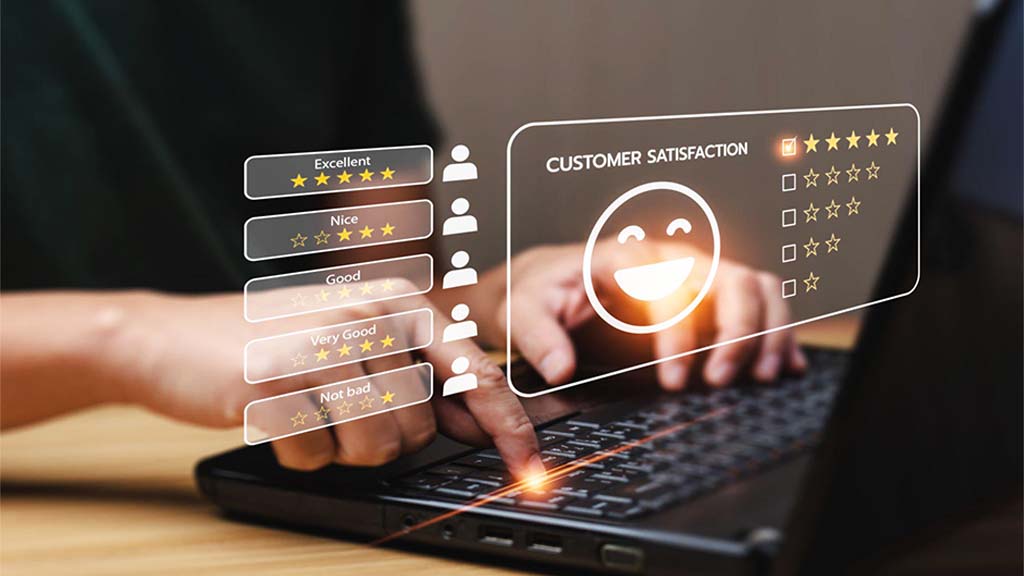
Online Reputation Management Building and Protecting Your Digital Brand
In today’s digital age, managing your online reputation has become more critical than ever. With the widespread use of the internet and social media, information about individuals and businesses is readily available and accessible to a global audience. Online reputation management (ORM) is the practice of influencing and controlling the information that appears when someone searches for you or your brand online. It involves monitoring, improving, and maintaining your digital presence to build a positive image and mitigate any negative content that may harm your reputation. In this comprehensive guide, we will delve into the world of online reputation management, exploring strategies, best practices, and the importance of proactive brand protection.
Why Online Reputation Management Matters
Your online reputation plays a pivotal role in shaping public perception, influencing consumer decisions, and driving business growth. Whether you’re an individual seeking employment opportunities or a business looking to attract customers, the first impression created by search engine results can make or break your success. A negative online reputation can lead to lost opportunities, damaged relationships, and a decline in business prospects. On the other hand, a positive online presence can enhance trust, credibility, and open doors to new ventures.
Content Creation and Management
One of the most effective ways to build a positive online presence is through content creation and management. By producing high-quality and valuable content, you can position yourself as an industry expert and establish credibility. Start by conducting keyword research to identify relevant topics and incorporate long-tail keywords that align with your personal or brand image. Create a content calendar to ensure consistency and schedule regular blog posts, articles, videos, or podcasts that resonate with your target audience. Remember to optimize your content for SEO by including relevant keywords, meta tags, and alt tags for images.
Social Media Engagement
Social media platforms have revolutionized the way individuals and businesses connect with their audience. Engaging actively on social media can significantly impact your online reputation. Choose the platforms that are most relevant to your industry and target audience, such as LinkedIn, Twitter, Facebook, or Instagram. Regularly share engaging content, interact with your followers, and respond to comments and messages promptly. Social media allows you to showcase your expertise, build relationships, and address any concerns or negative feedback publicly, demonstrating transparency and a commitment to customer satisfaction.
Online Reviews and Testimonials
Online reviews and testimonials can heavily influence public perception and purchasing decisions. Encourage satisfied customers to leave positive reviews on reputable review platforms and your website. Monitor these platforms regularly and respond professionally and promptly to any negative feedback or complaints. Addressing negative reviews in a constructive manner and resolving customer issues can help mitigate potential damage to your reputation and show potential customers that you value their satisfaction.
Protecting Your Online Reputation

In addition to proactively building a positive online presence, it’s crucial to protect your reputation from potential threats or negative content. Here are some strategies to safeguard your digital brand:
Monitoring Your Online Presence
Constant vigilance is key to protecting your online reputation. Set up alerts and monitoring tools to track mentions of your name or brand across various online platforms. By staying informed about what’s being said about you, you can promptly address any emerging issues or negative content. Monitor social media mentions, news articles, blog posts, and review sites to stay on top of your digital reputation.
Addressing Negative Content
If you come across negative content or false information about you or your brand, it’s essential to address it proactively. Engage with the individual or platform responsible for the content and request a correction or removal if appropriate. In some cases, it may be necessary to seek legal counsel to protect your rights and reputation. Remember to always respond professionally and avoid engaging in public arguments or debates, as this can further escalate the situation.
Online Crisis Management
In the event of a significant online crisis or reputation attack, having a well-defined crisis management plan is crucial. Designate a team or individual responsible for managing the crisis and establish clear protocols for communication and response. Act swiftly, transparently, and empathetically to address the issue, providing accurate information and demonstrating a commitment to resolving the situation. Leverage your existing network, including loyal customers, partners, and influencers, to help amplify positive messages and counteract negative content.
Conclusion
In today’s digital landscape, online reputation management is an essential aspect of personal and business success. By actively monitoring, building, and protecting your online presence, you can shape public perception, enhance trust, and drive growth. Remember to prioritize authenticity, transparency, and consistent engagement with your audience. Embrace the power of content creation, social media, and online reviews to establish yourself as a credible and reputable entity. With a proactive approach to online reputation management, you can take control of your digital brand and ensure a positive online narrative.






